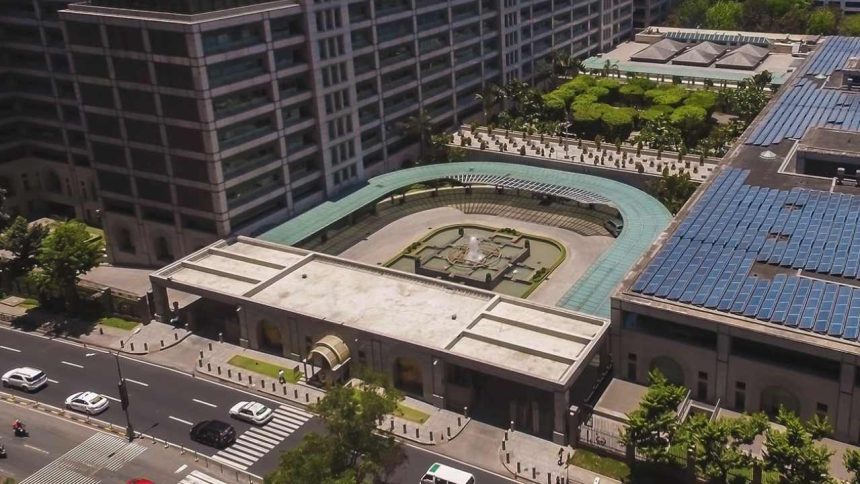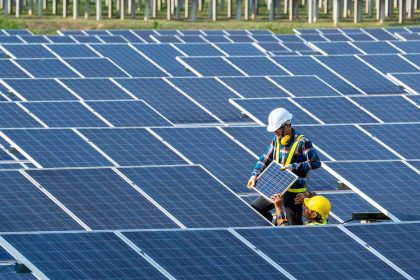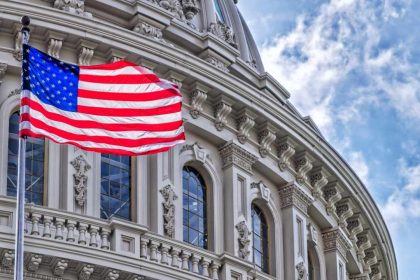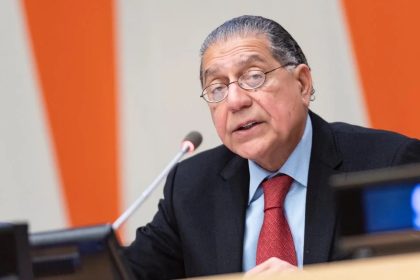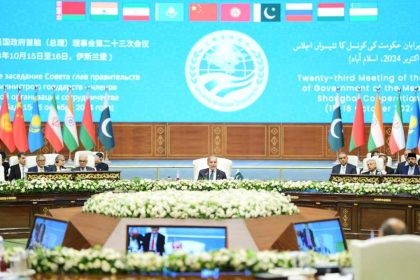The Asian Development Bank (ADB) validated Pakistan’s economic stability through the Asian Development Outlook (ADO) September 2024 as the International Monetary Fund (IMF) approved the $7 billion Extended Fund Facility (EFF) for the country.
The two developments came about hours apart. According to the ADB, Pakistan’s GDP growth rate will reach 2.4 percent during the ongoing financial year and will reach 2.8 percent in the next fiscal year. It noted that inflation had decreased in the country during FY2023-24, and would decline steadily in FY2024-25 as well.
It noted that increased domestic consumption and increased remittances helped the economy this year. The ADB stated that continued recovery of the growth rate, and macroeconomic stability depend on Pakistan’s implementation of reforms. Through these reforms, the country would not only be able to stabilize the economy further but also build fiscal buffers to safeguard it from external shocks.
It advised Pakistan to spend more on social initiatives while reducing fiscal losses from state entities. It urged the government to improve the business environment in Pakistan. It is worth noting here that average headline inflation declined to 23.4 percent in the ongoing fiscal year, as compared to 29.2 percent during the last year.
Shehbaz Sharif invites Dr Muhammad Yunus to undertake an official visit to Pakistan
According to the Asian Bank, the reduction in inflation stemmed from improved agricultural production and is expected to decline further to 15 percent in the next fiscal year. Separately, the international lender approved the $7 billion loan for Pakistan, the Prime Minister’s Office confirmed during the day.
Commenting on the development, Shehbaz Sharif not only expressed satisfaction on the matter but also highlighted the ongoing process of the economic reforms. He made it clear that once the country achieves economic stability, it will pursue growth and development. He highlighted how investment and business activities had surged recently, thus validating the government’s efforts.
He highlighted how remittances helped the economy gain stability. The premier said that if the government’s reforms continue, this could be the last IMF program. He thanked China, Saudi Arabia, and the United Arab Emirates for supporting Pakistan in getting the IMF deal. He thanked the economic team of the government and the chief ministers.
On the political front, Pakistan and Bangladesh engaged to discuss further collaboration for the mutual development of both the South Asian countries. A meeting was held between Prime Minister Shehbaz Sharif with Chief Advisor of Bangladesh’s Interim Government Dr Muhammad Yunus. The meeting came about on the sidelines of the 79th session of the UN General Assembly.
Prime Minister Shehbaz Sharif highlighted necessity of working together to strengthen relations. He suggested parliamentary exchanges, people-to-people contacts, besides other activities. He invited Dr Muhammad Yunus to undertake an official visit to Pakistan. Also, the prime minister held a meeting with Kuwait’s Crown Prince Sheikh Sabah Al-Khaled Al-Hamad Al-Mubarak Al-Sabah to discuss Pakistan’s economic ties with the country.
The meeting also came on the sidelines of the running UNGA session. During the meeting, political, economic, and defense matters came under discussion and both sides agreed to enhance collaboration on regional and global issues. State Minister for Finance Ali Pervaiz Malik also took to the state television and credited the leadership of the Pakistan Muslim League-N for making necessary decisions and skipping political interests.






